Self-Employed Mortgage in Vancouver
Getting a mortgage when you’re self-employed requires extra effort. Let us help streamline the process for you.
As of March 2024, approximately 13% of Canada’s employed workforce are self-employed (source). Being self-employed provides many perks including being your own boss. However, qualifying for a mortgage becomes more challenging.
What is a Self-Employed Mortgage?
A self-employed mortgage is a mortgage tailored specifically to fit the needs of individuals who earn non-traditional income. An example of this can be an individual who owns majority shares in a corporation and pays themselves via dividends. The primary difference between traditional and non-traditional income is that traditional income is consistent, while non-traditional income isn’t.
Self-employed individuals will fall into two categories:
Sole Proprietor
Incorporation (minimum 25% ownership)
How to Qualify for a Self-Employed Mortgage?
There are two different categories for self-employed income verification:
1. Verifiable Income
Verifiable income for sole proprietors typically requires the most recent 2 years of T1 General and Notice of Assessment (NOA).
Verifiable income for incorporated individuals requires at minimum the most recent 2 years of T4s, T5s, and accountant prepared business financials.
Verifiable income can also include reasonable “gross-ups” from tax filings and accountant prepared business financials.
This approach does not work for most self-employed individuals who enjoy the perks of tax deductions.
2. Non-Verifiable Income
Non verifiable income for sole proprietors requires at minimum 6 months of business bank statements alongside 3 recent invoices.
Non verifiable income for incorporations requires at minimum 6 months of business bank statements alongside 3 recent invoices OR most recent year accountant prepared business financials.
A minimum 1-year self-employment tenure is required.
This approach is also known as “stated income.” Most self-employed individuals who utilize their tax benefits to its full potential will fall in this category.
Case Studies
Example 1
This client was a sole proprietor and needed to urgently qualify for a sizable mortgage. Their “real” income was much higher than the income claimed on their taxes since they had many tax deductions. Their bank denied them due to not having enough verifiable income to qualify. We took this client’s most recent 6-month business bank statements + 3 recent invoices and was able to get them qualified for their mortgage, allowing them to close on time. Problem Solved!
Example 2
This client recent transitioned out of a 9-5 and opened their own restaurant under an incorporation with 100% ownership. Their first year went well and were looking to refinance their current owner occupied property for additional tax-free funds to invest into their business. Although we didn’t have a 2-year history, we got this client qualified by using the stated income approach with 1-year self-employment tenure. Problem Solved!
Example 3
We had an online inquiry from a self-employed individual who owns 100% of their incorporation. This individual pays themselves a small T4 salary from their incorporation. Their credit union didn’t approve their initial mortgage refinance. They got approved with another mortgage broker with a B lender using the stated income approach. We took a look at this borrower’s tax documents and accountant prepared business financials and creatively grossed-up their verifiable income. We were able to place this individual with a major bank, saving them thousands in interest and fees. Problem Solved!

Ready For The
Next Steps?
Book a Free Consultation
It’s your right to get the best mortgage possible! Book a free consultation today and let us handle the rest.


